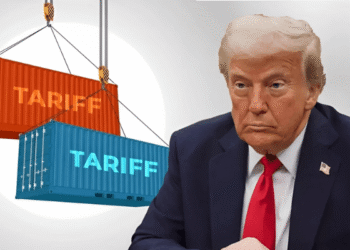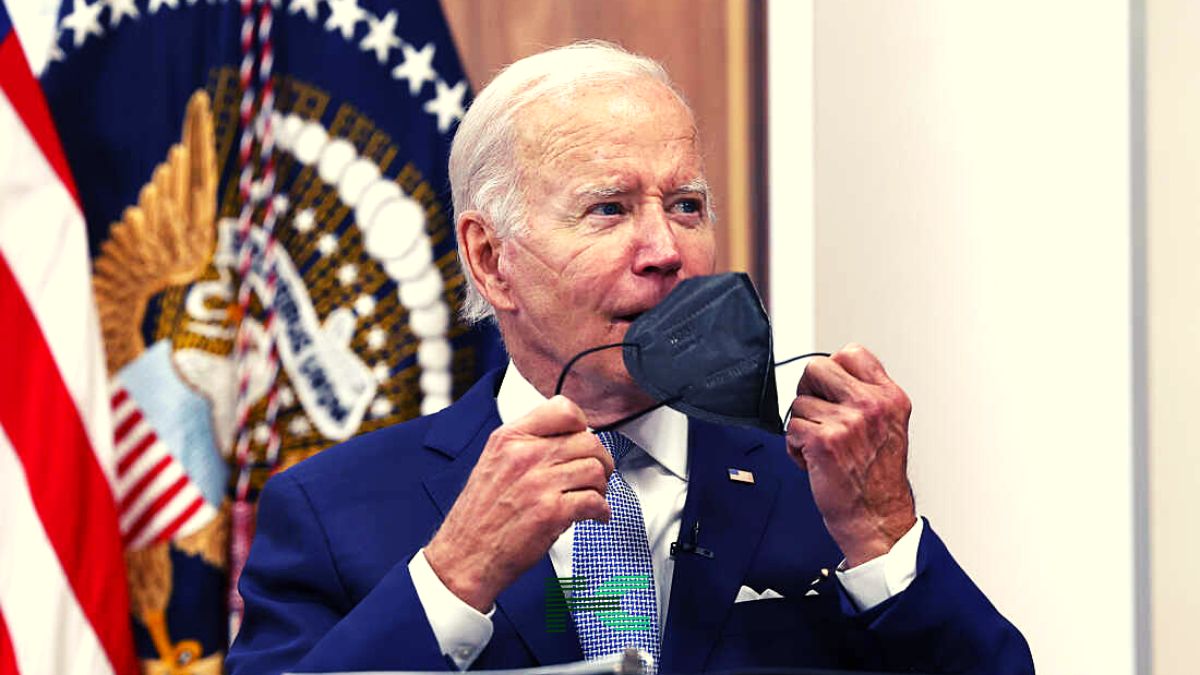Atiku Abubakar, the former Vice President of Nigeria and the presidential candidate for the People’s Democratic Party (PDP) in the last general election, has made a significant call concerning the Nigerian National Petroleum Company Limited (NNPCL). He urged the government to list the NNPCL on the stock exchange, as stipulated by the Petroleum Industry Act (PIA). This move, he argues, could bring much-needed transparency and efficiency to the company, which has been mired in challenges related to management, funding, and overall operations.
NNPCL’s Challenges and the Petroleum Industry Act
The NNPCL has been struggling with operational challenges that have contributed to Nigeria’s persistent oil shortages, despite the country’s vast petroleum resources. The company’s difficulties were a key reason behind the establishment of the NNPCL under the Petroleum Industry Act. The PIA aimed to transform the NNPCL into a limited liability company, granting it operational independence from the government. However, despite the PIA’s provisions, the NNPCL has yet to be listed on the Nigerian Stock Exchange, raising concerns about the company’s transparency and governance.
Atiku Abubakar’s Call for NNPCL’s Stock Exchange Listing
Atiku Abubakar, citing the PIA, has reiterated the need for the NNPCL to be listed on the Nigerian Stock Exchange. His call follows the NNPCL’s recent decision to transfer the management of the Warri and Kaduna refineries to private operators. Atiku argues that listing the NNPCL would enhance the company’s profitability, transparency, and corporate governance.
For a company to be listing under the Nigeria Stock Exchange, it is required that it’s operations and financial records are made public.

In a statement issued by his media aide, Paul Ibe, Atiku emphasized that transparency could help curb the corruption that has plagued the company for years. He referenced former President Olusegun Obasanjo, who noted that Shell, one of the world’s wealthiest oil companies, refused to operate Nigeria’s refineries due to the endemic corruption within the NNPCL.
Criticism of NNPCL’s Current Operations
Atiku criticized the NNPCL’s current arrangement, describing its claim of being a private entity as misleading. He argued that the company continues to serve as a financial tool for the Federal Government, rather than operating independently. Atiku also questioned the effectiveness of previous attempts by the NNPC to reform its operations, citing a lack of transparency and investor interest as key reasons for their failure.
Concerns About NNPCL’s Future Plans
Atiku expressed skepticism about the NNPCL’s latest plan to hand over the management of its refineries to private operators. He referenced past unsuccessful arrangements, such as the involvement of Manitoba Hydro International with the Transmission Company of Nigeria and Global Steel Limited with the Ajaokuta Steel Company, as examples of why such approaches might not work.
Recommendations for a Successful Reform
To ensure a successful reform of the NNPCL, Atiku recommended involving the Bureau of Public Enterprise (BPE) and a reputable technical partner like Standard and Poor’s. He also advised the NNPCL to avoid opaque contract processes, pointing to the dubious 2022 transaction involving Nueoil and OVH as an example of what to avoid.
Conclusion
Atiku Abubakar’s call for the NNPCL to be listed on the stock exchange is rooted in a desire for greater transparency, accountability, and efficiency in Nigeria’s oil industry. However, his concerns about the current and future operations of the NNPCL highlight the challenges the company faces as it navigates its transformation under the Petroleum Industry Act. Whether the NNPCL will heed these calls and address these concerns remains to be seen, but the implications of these decisions will be significant for Nigeria’s economy and its citizens.

















